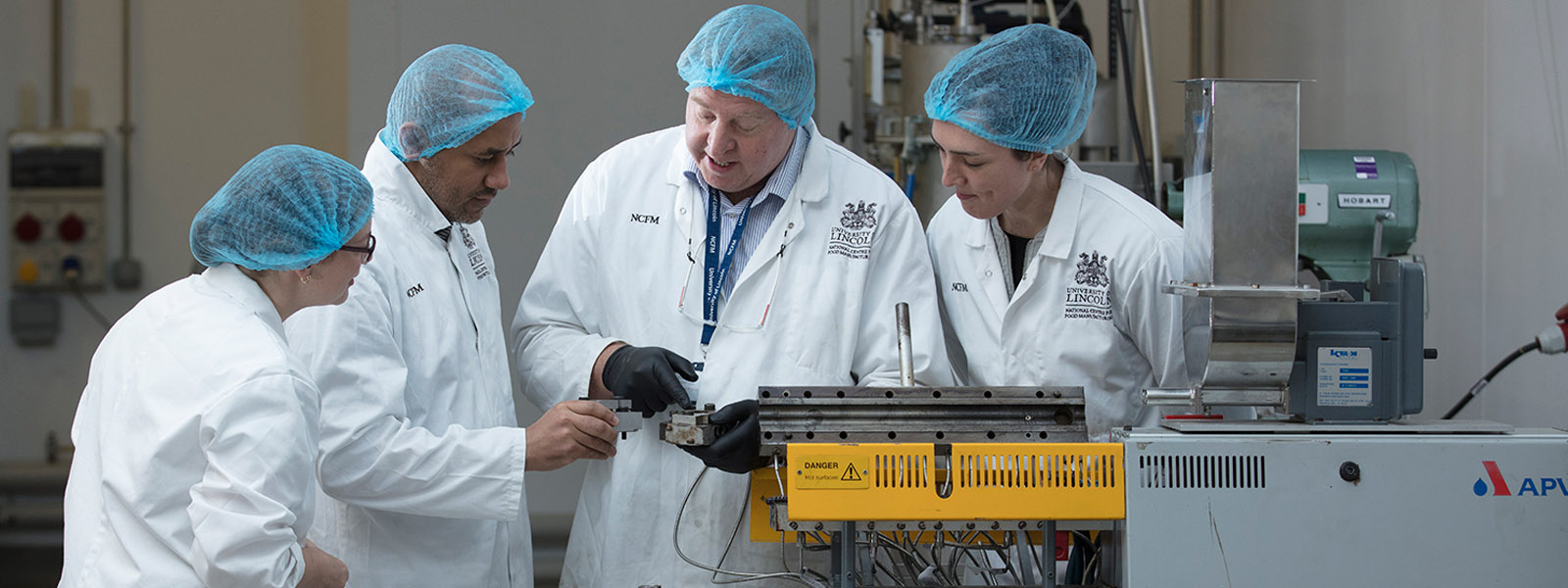Level 3 Food and Drink Technical Operator

Introduction to the Apprenticeship
The role of technical operator is to support the manufacture of quality food and drink products. A key focus for technical operators is food safety, through monitoring Hazard Analysis Critical Control Points and recording the results. As they operate in a regulated environment, they may be involved in conducting internal audits and supporting external audits to demonstrate compliance. Demonstrating compliance will also involve completing and updating documents, risk assessments, and completing traceability records. Food and drink manufacturing is often a team activity.
In their daily work, they interact with process operatives, other technical operators and site teams. This may include engineering, maintenance, production, technical and quality, research and development, packaging and supply chain teams. They also interact with auditors, regulators, and customers undertaking site visits. They typically report to an operational manager and work with autonomy.
Responsible for working as part of a team to manufacture safe and compliant products, meeting the customer and consumer expectations. They work to meet deadlines, productivity, efficiency, hygiene, and environmental requirements, and ensure the health and safety of self and others.
Apprenticeship Standard
For more information about the Level 3 technical operator standard, please visit:
Apprenticeship Modules
The broad purpose of the Technical Operator is to support the manufacture of quality food and drink products. Technical Process Operators conduct start-up, close-down, changeover, and handovers in the manufacturing process, often using highly automated equipment and technology, but also working with traditional processing methods. They keep the manufacturing process running through operating machinery, front-line fault diagnosis and resolution, asset care, and performing basic maintenance.
Modules include:
- Prepare and run food and drink manufacturing lines
- Monitor and record results of Critical Control Points
- Customer Insights: Knowing and working with customers and their needs
- Control stock and entering information into management systems
- Resolve ‘front-line’ faults. Identifying the root cause where needed
- Assist maintenance engineers by conducting first line mechanical engineering maintenance
- Operational improvement and performance. Undertake Continuous Improvement.
Apprenticeship End Point Assessment
All apprentices must spend a minimum of 12 months on-programme (before the gateway) working towards the occupational standard, and should meet the off the job requirements for an apprenticeship.
The EPA period should only start once the employer is satisfied that the apprentice is deemed to be consistently working at or above the level set out in the occupational standard. Apprentices without English and mathematics at level 2 must achieve level 2 prior to taking their EPA. The EPA must be completed within an EPA period lasting typically 3 months, The EPA consists of 3 discrete assessment methods.
- Multiple-choice test
- Observation with questions
- Interview underpinned by a portfolio of evidence
For more information about the End Point Assessment Process, please visit: https://www.instituteforapprenticeships.org/media/5517/st0196_food-and-drink-technical-operator_l3_ap-for-publication_300721.pdf
Contact us for more information about how to apply.
Contact Us
The Centre of Excellence in Agri-food Technology
Holbeach
Spalding
PE12 7FJ